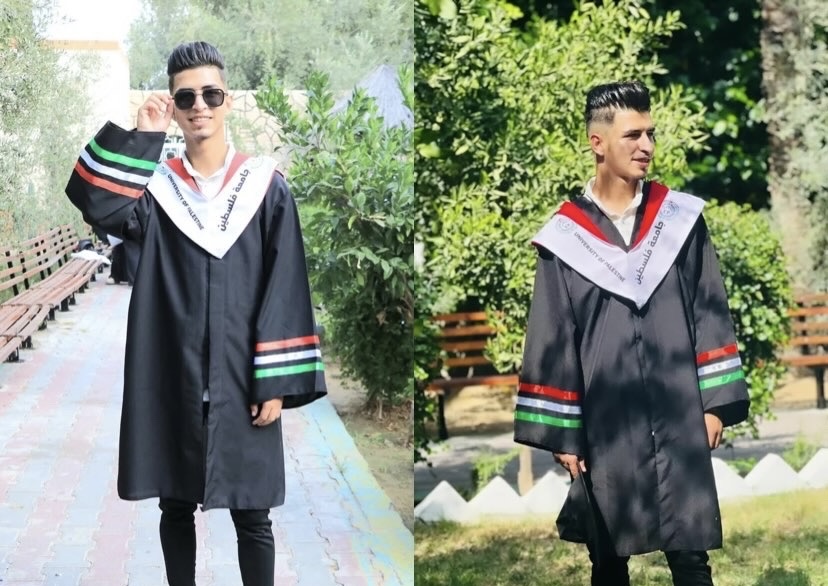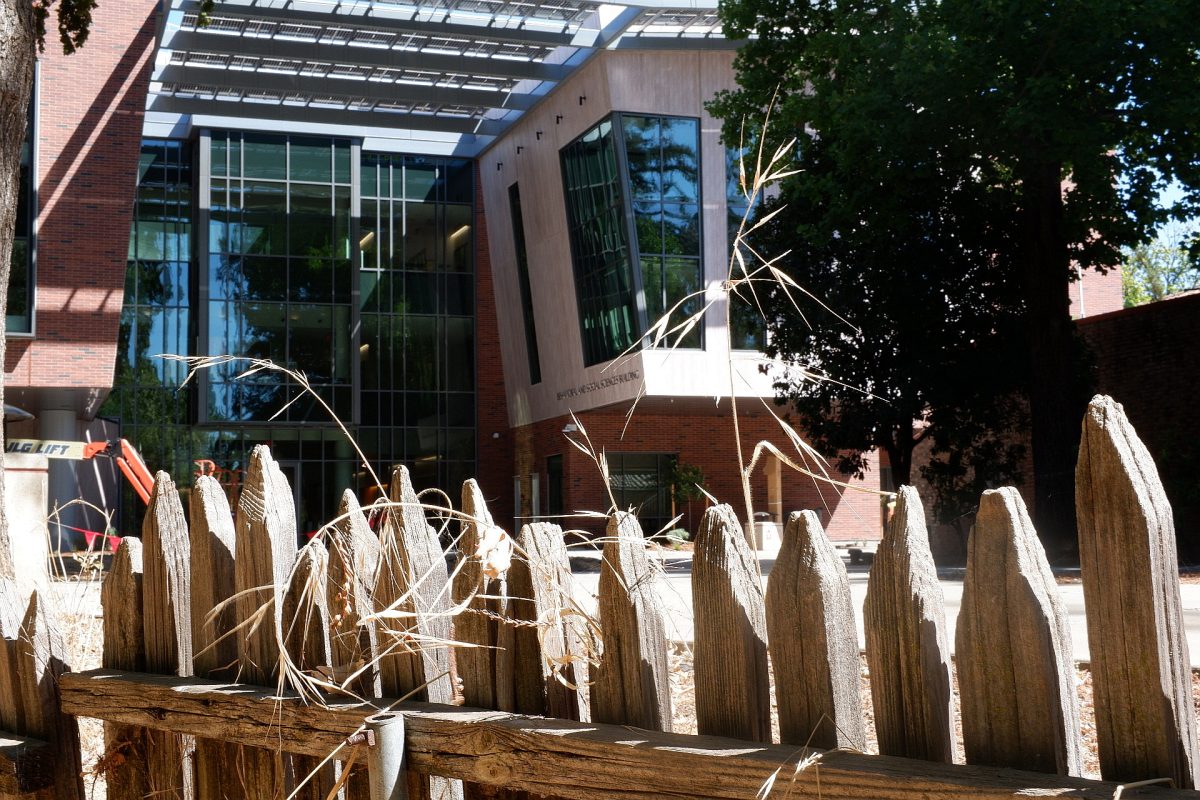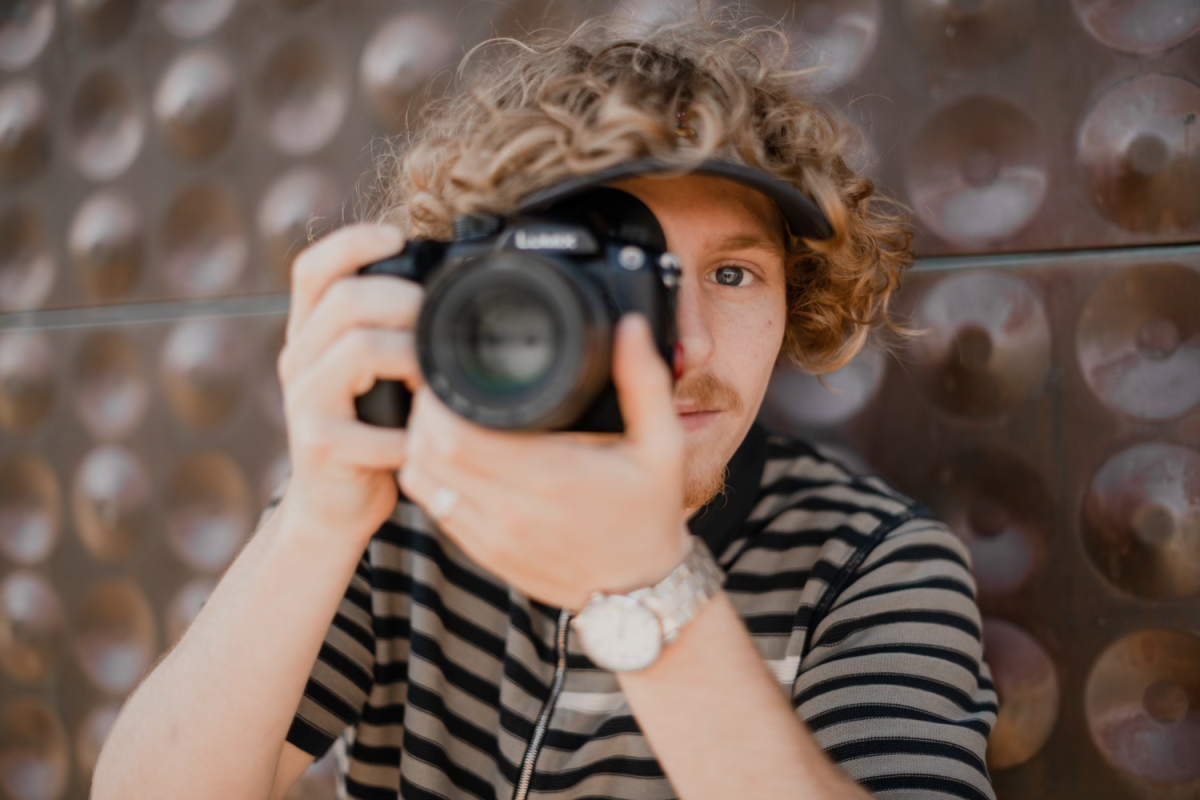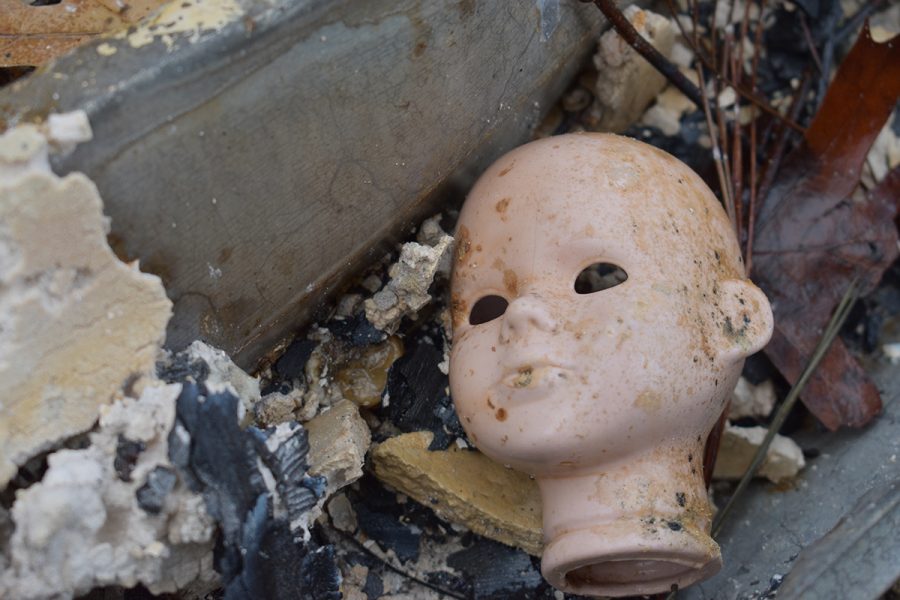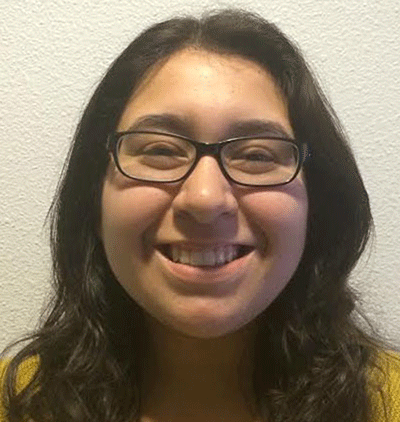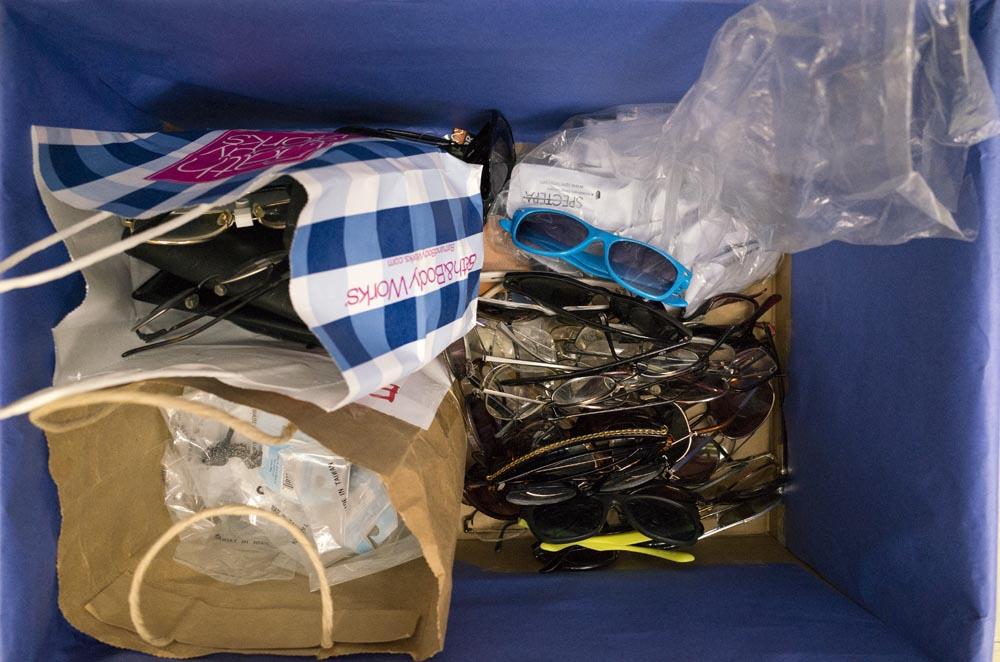
Sight is one of the five senses that most people rely on throughout their everyday lives. When vision blurs or sight depletes, people take the steps needed to repair it.
However, in many countries across the world, people do not have this privilege. They are not able to simply go to a doctor and get treatment.
For this reason, students enrolled in a health and community service course are partnering with Lions Club International to provide glasses to those in developing countries.
Each semester, the class participates in a community service project. In the past, this has included organ donations and school supplies and hygiene product drives for the homeless.
Students can donate used or new prescription glasses and sunglasses that will be distributed to people around the world to people who need them. The Lions Club International has a system that they rely on to get the glasses to the right people.
Holly Nevarez, department of health and community services chair and associate professor, said that the Lions Club does the diagnostic work to see what types of prescriptions they need.
“The Lions Club sends eye doctors and other volunteers to other countries, primarily Third World-type countries, and diagnose people with what glasses they need and then they fit them to the right glasses,” Nevarez said.
Because of this, glasses collected in Chico can go anywhere.
“They could go to Mexico, India or Africa,” Nevarez said. “All these different countries and continents to help people see.”
Although people receive nothing physical in return, donating glasses can be beneficial in other ways, she said.
“I really think that people are donating glasses because it makes them feel good, and they’re helping other people,” she said.
There are 153 million people worldwide that have impaired vision, according to Lions Club International.
Ana Marie Cervantes, a senior health science major participating in the community project, finds the Vision for Hope campaign to be a fulfilling way to give back and appreciate the gifts that Americans have, she said.
“In other countries, they don’t have those opportunities,” she said. “Blindness and vision impairment are daily things that they struggle with, and finding ways to cope with it isn’t as easy as it is here,” she said.
They have other issues to worry about, like getting clean water or clothing themselves, Cervantes said. The last thing they’re going to worry about is getting glasses, but it’s vital to many people’s daily functions.
The campaign is a good way to donate without having to spend money because people give what they already have, she said.
“It’s kind of like spring cleaning,” Cervantes said. “Out with the old, in with the new. As soon as a new trend comes in, a lot of people just throw out the old and don’t even think about it.”
Nicole Gorman, a senior health science major participating in the community project, has donated several pairs of unused glasses.
“A lot of peoples prescriptions change and they don’t need them anymore,” Gorman said. “You can donate them to someone in need.”
Students in the class created videos based on the topic to send out a message. The Gift of Sight is a Human Right can be viewed on Vimeo. The video depicts blurred and clear vision as well as information about being visually impaired and the impact of the donations being made.
The goal of the class is to donate 1,000 pairs of glasses by the end of April.
“Compared to 153 million people who need glasses or sunglasses, 1,000 doesn’t seem like a huge donation,” she said. “If you can make a little difference, it’s still making a difference and being able to contribute to a good cause.”
Donations can be made in Butte 607, Mom’s Restaurant and Madison Bear Garden. The class will also be tabling from 10 to 2 p.m. Mondays and Tuesdays at the Gauntlet.
Dominique Diaz can be reached at [email protected] or @dominiqueldiaz on Twitter.




